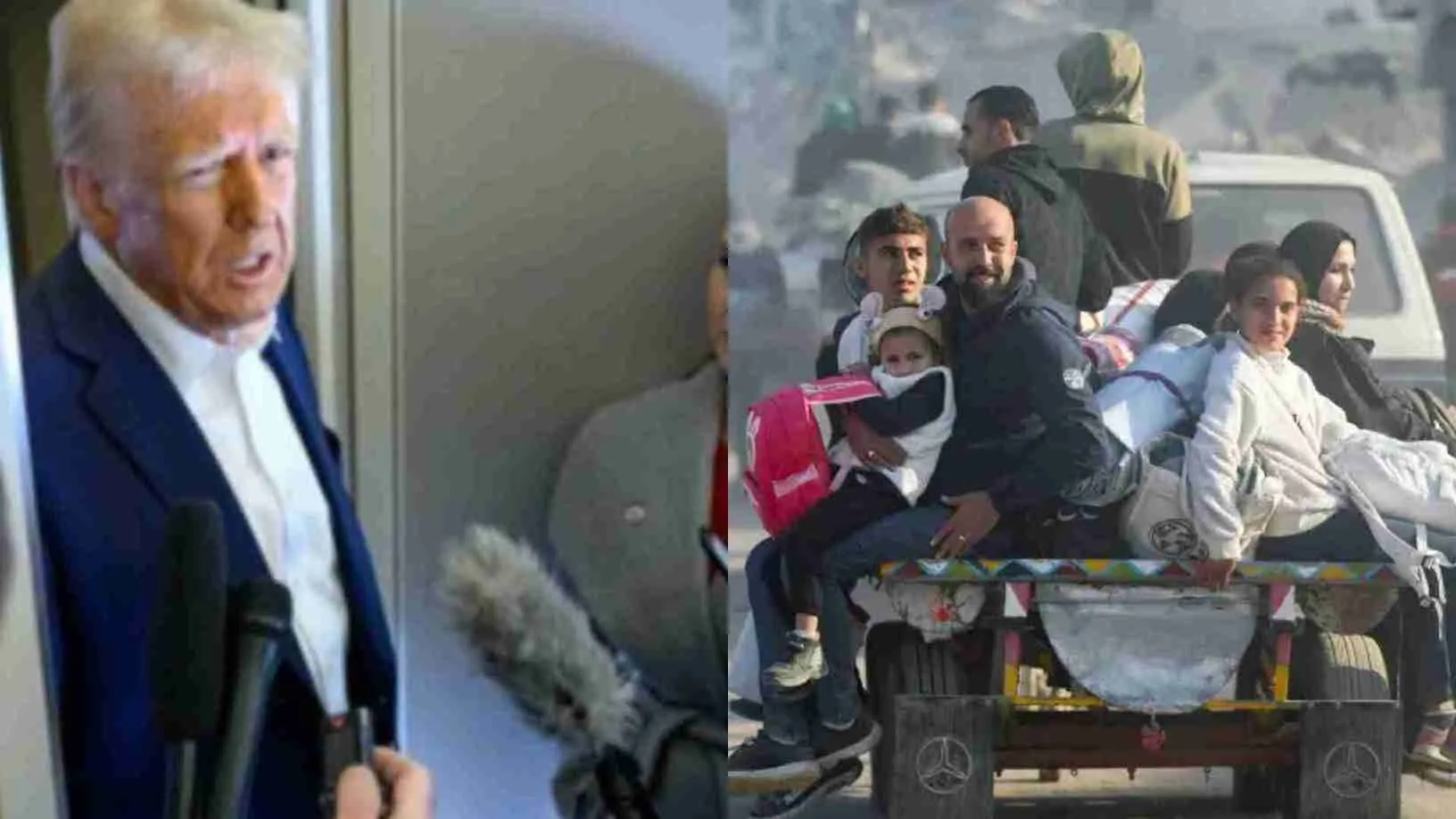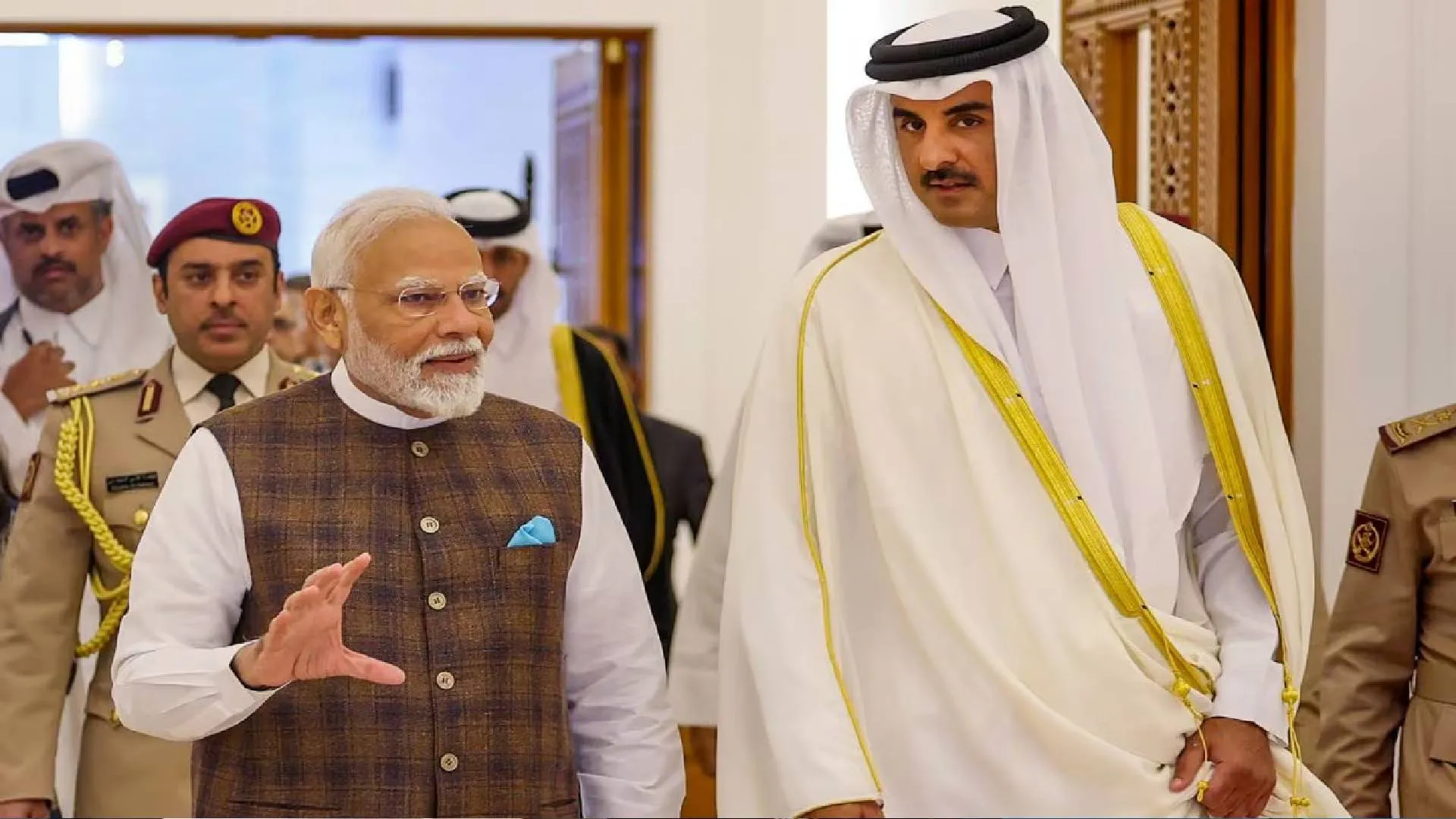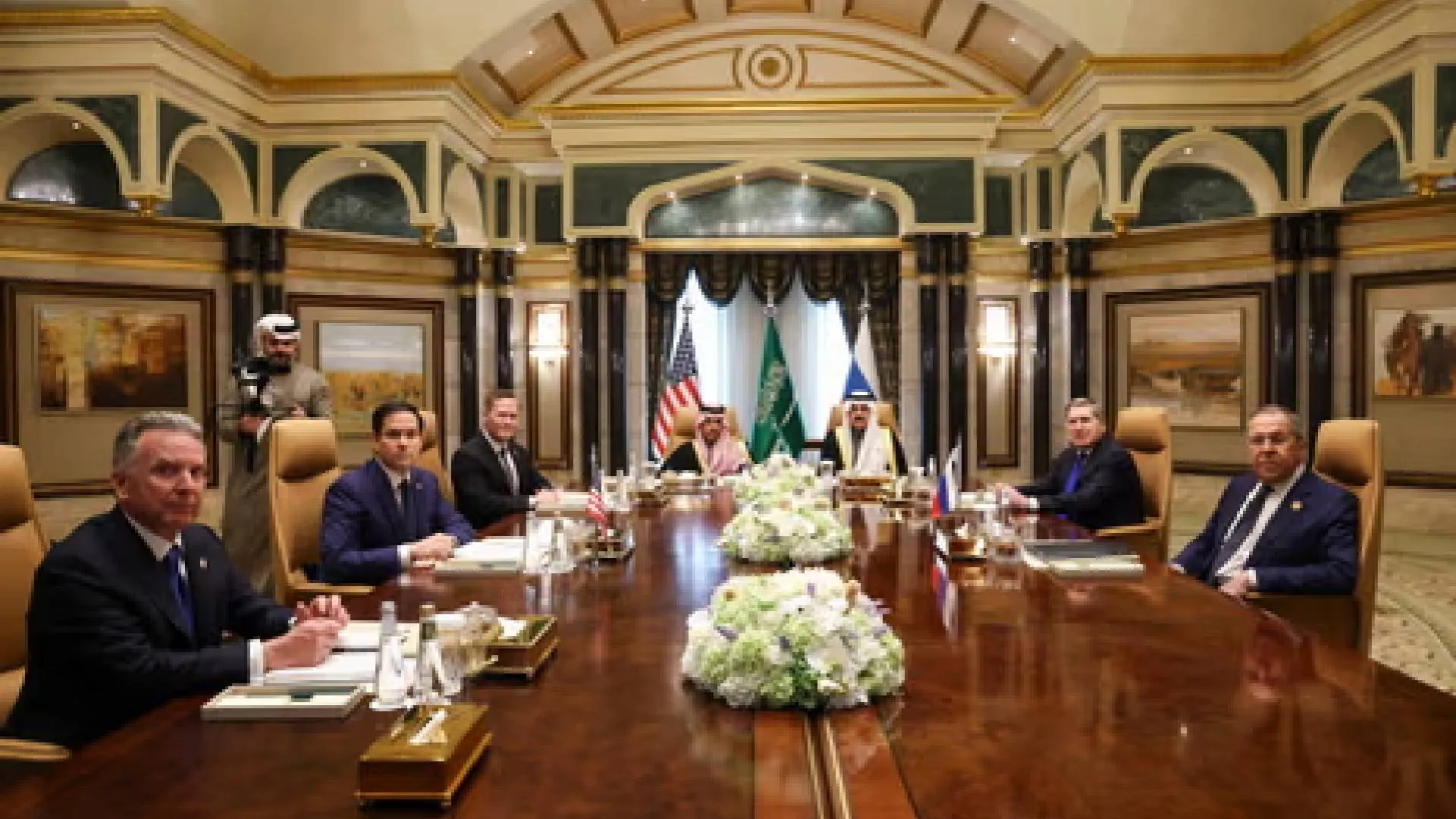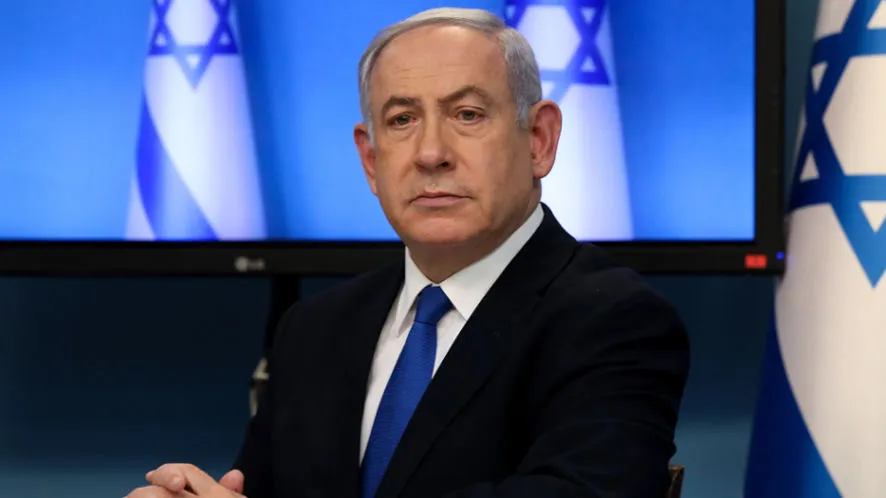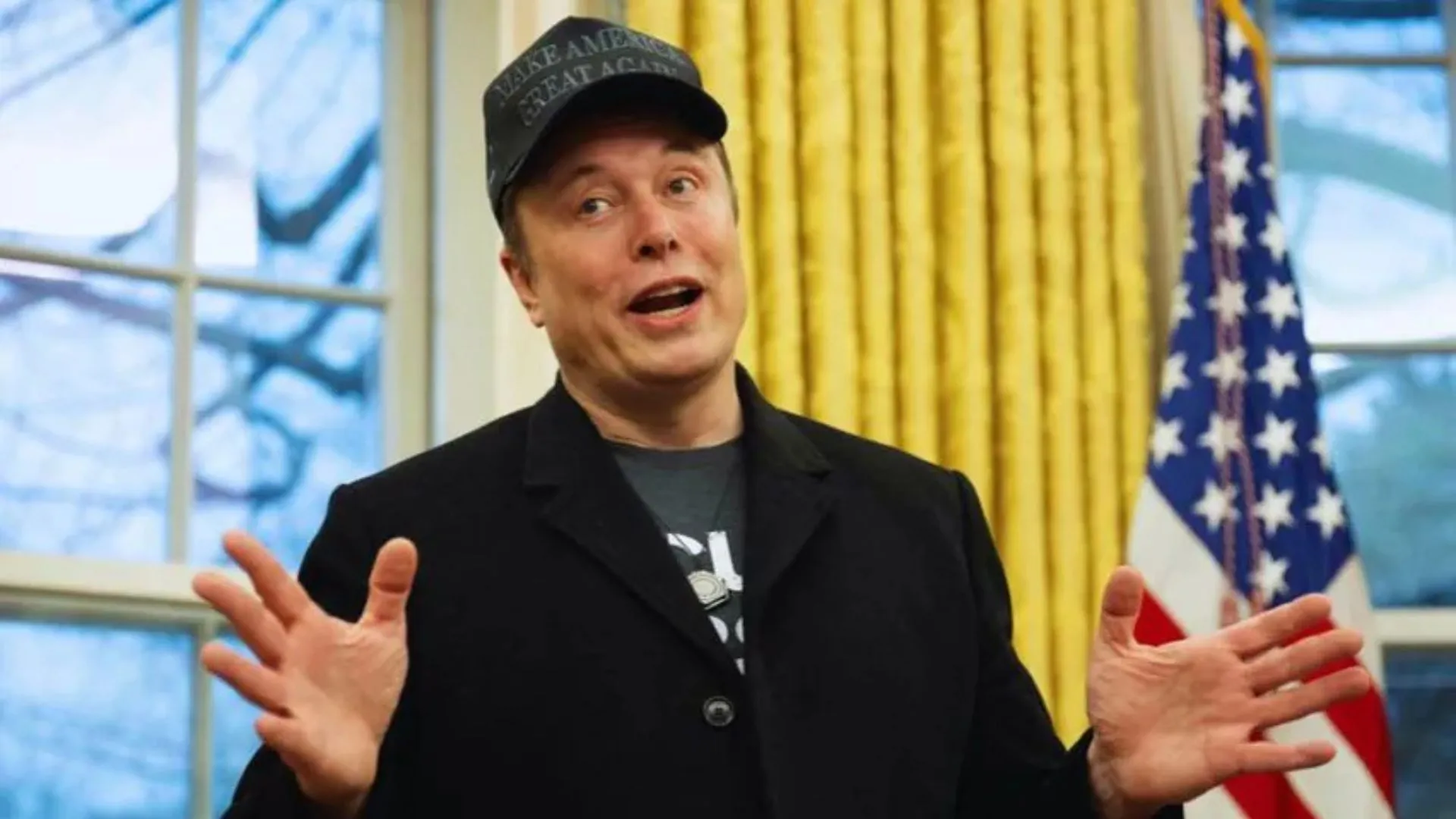In a rare moment of relative peace following 15 months of intense conflict in Gaza, the fragile ceasefire has allowed hundreds of thousands of displaced Palestinians to return to their homes in the northern part of the territory. Scenes of jubilation and emotional reunions have unfolded across the Gaza Strip, as people march back to their homes. However, amid the fragile truce, a proposal from U.S. President Donald Trump has ignited controversy and widespread criticism, particularly from regional leaders and human rights advocates.
Trump’s Proposal: A Call for Displacement
During a recent statement, President Trump suggested relocating Gaza’s entire population to neighboring Egypt and Jordan, asserting, “You’re talking about probably a million and a half people.” He framed the idea as a potential solution to the ongoing devastation in Gaza, which he described as “literally a demolition site” after more than a year of Israeli bombardment. The president suggested that Palestinians could live in these neighboring countries temporarily or long-term, depending on the situation.
A Proposal Condemned as Ethnic Cleansing
Analysts have widely condemned Trump’s suggestion as a form of ethnic cleansing, asserting that the proposal would forcibly remove Palestinians from their land. Yousef Munayyer, head of the Palestine/Israel program at the Arab Center Washington DC, called the statement “outrageous” and a violation of basic human rights. Munayyer also cautioned that Trump’s remarks should be taken with skepticism, as the president has often made statements that are inconsistent or lacking strategic depth.
Despite the criticism, Trump has doubled down on the proposal, claiming he discussed the issue with Egyptian President Abdel Fattah el-Sisi. However, Egypt and Jordan have firmly rejected the idea of accepting displaced Palestinians. Egyptian President el-Sisi emphasized that Egypt would not participate in any efforts to displace Palestinians, calling the suggestion “an injustice” and a violation of Egyptian national security.
Egypt and Jordan’s Rejection
Both Egypt and Jordan have made it clear that they will not accept the displacement of Palestinians. el-Sisi stressed that such a move would spark mass protests within Egypt, while Jordan’s Foreign Minister Ayman Safadi reaffirmed that the Hashemite kingdom’s position is “irreversible and unchanged.” Regional experts assert that the rejection of this proposal stems not only from a commitment to the Palestinian cause but also from concerns over national security and regional stability.
Security and Stability Concerns
The proposal to relocate Palestinians would have far-reaching consequences for the security and stability of both Egypt and Jordan. Analysts argue that accepting large numbers of displaced Palestinians, especially potential militants from Gaza, could destabilize the already fragile political and economic structures of these countries. Nancy Okail, President of the Center for International Policy, pointed out that Egypt has made it clear that this proposal is not viable due to capacity issues and its potential threat to national stability.
Ethnic Cleansing and International Law
Trump’s remarks have raised concerns about the violation of international law, with critics arguing that the proposal could amount to ethnic cleansing. International law defines ethnic cleansing as the forcible removal of an ethnic or religious group from a particular area. Trump’s proposal, if implemented, could potentially result in the mass displacement of Palestinians, making Gaza uninhabitable.
A Missed Opportunity for Reconstruction
As the ceasefire holds, the focus in Gaza is shifting toward reconstruction. However, many believe that Trump’s focus on displacement is misguided. Munayyer emphasized that instead of pushing for the forced relocation of Gaza’s population, efforts should be focused on reconstruction within Gaza, providing shelter, utilities, and housing for those affected by the conflict.
The Future of Gaza: Who Will Govern?
Questions remain about Gaza’s future governance, as both Israel and the U.S. have stated they will not allow Hamas to remain in power. U.S. Secretary of State Antony Blinken proposed a plan to place foreign troops in Gaza to help with security, leading to the potential creation of a reformed Palestinian Authority. However, it is unclear whether Hamas would accept foreign forces in the territory, and Israeli Prime Minister Benjamin Netanyahu has rejected the idea of handing Gaza over to the Palestinian Authority.
Regional Voices and Palestinian Participation
Nancy Okail and other experts argue that Palestinian voices must be central to the conversation about Gaza’s future. She stressed that Palestinians have the capacity and will to participate in the political process and should not have their fate dictated by foreign powers. As the reconstruction process begins, questions over who will lead Gaza and how the people of Gaza will rebuild their lives remain unanswered.
In the wake of Trump’s controversial comments, the future of Gaza hangs in the balance, with its people left to grapple with the implications of displacement, ethnic cleansing, and the ongoing struggle for political autonomy.

